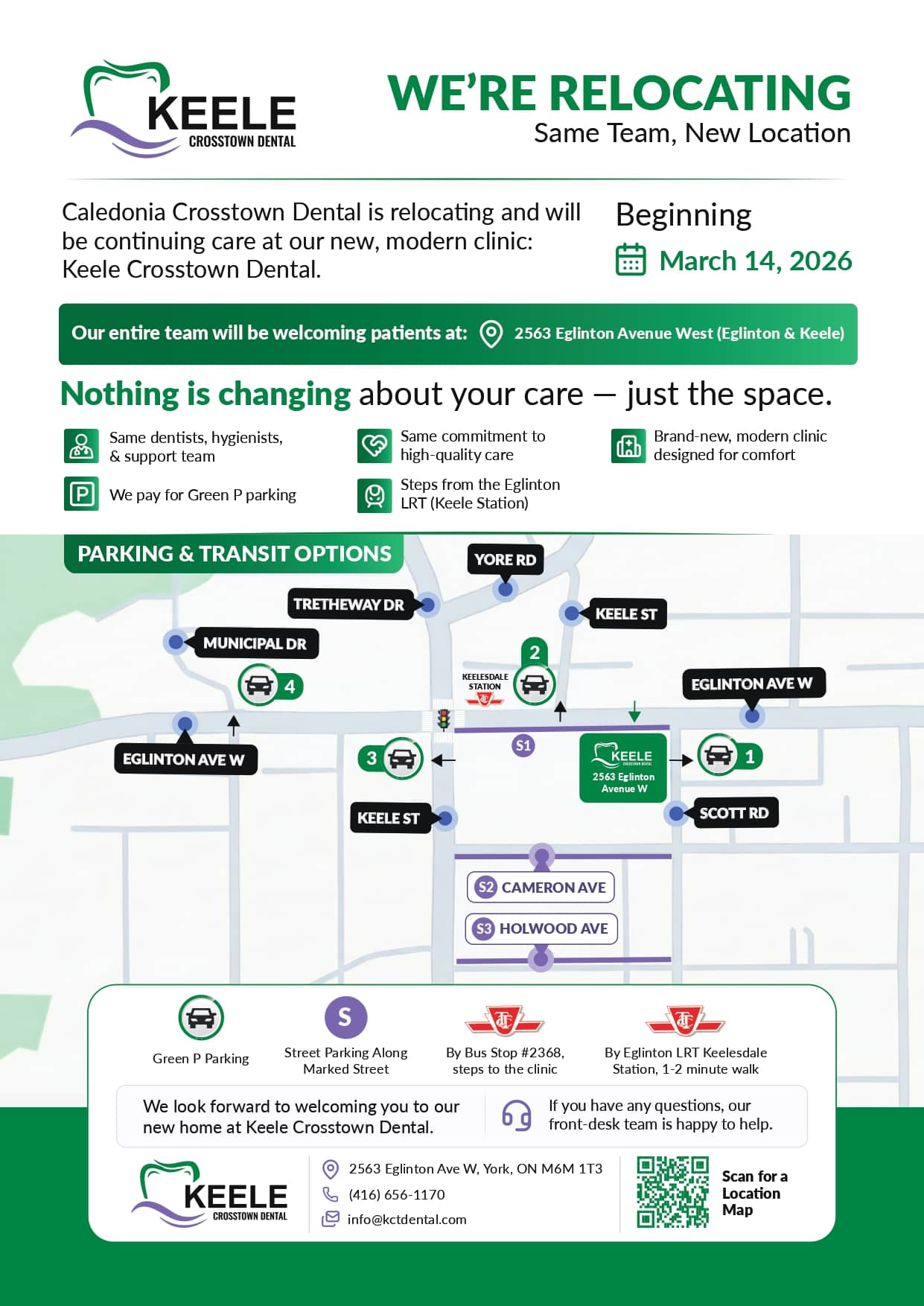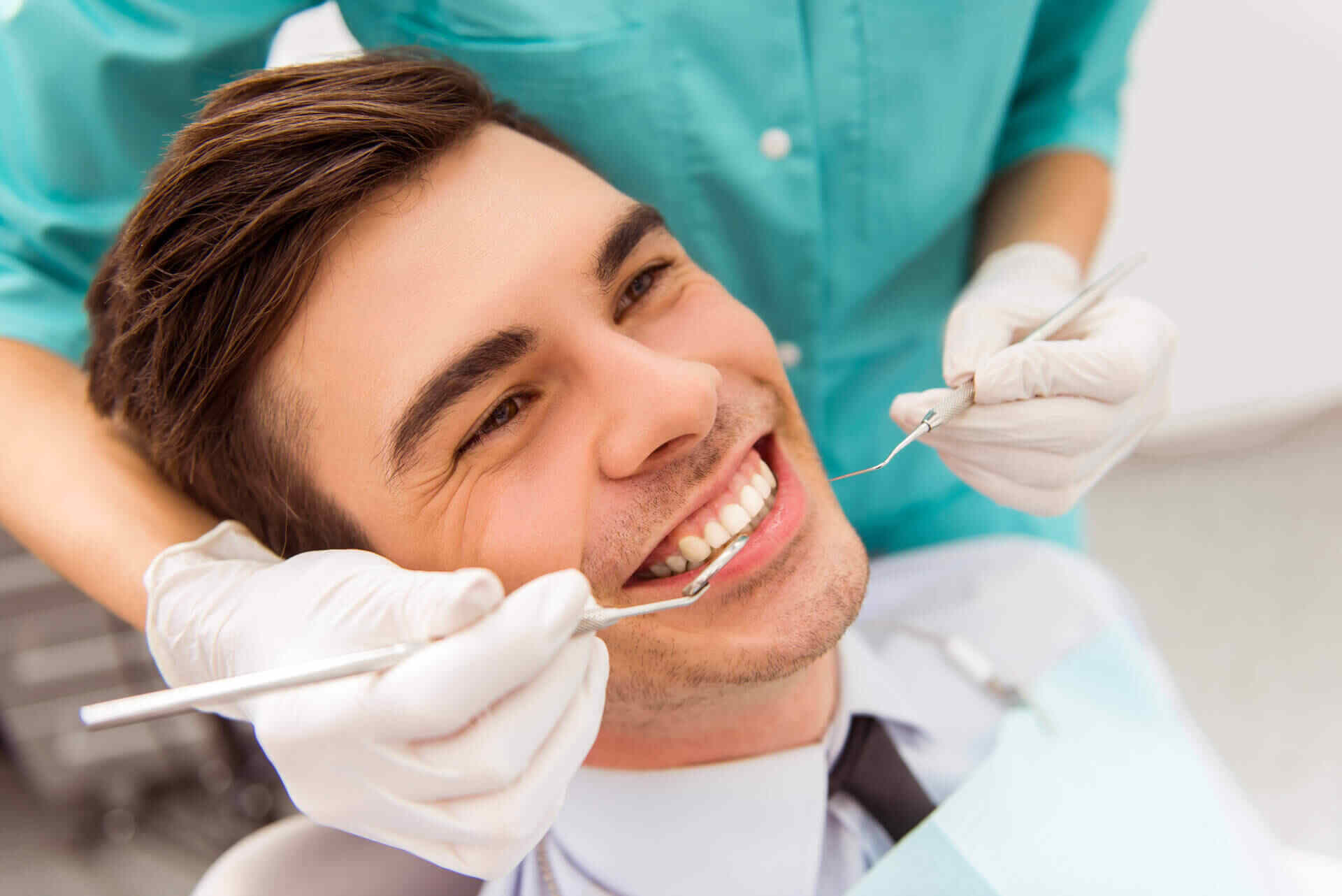We all know exercise puts our body in an optimal condition, our heart in the best health, and our teeth in the best condition, but did you know that it might be able to help your teeth as well? Yes, really! Exercise is not only good for the body; it can also be good for your smile. Brushing and flossing are musts, but finding the time for regular exercise can be an excellent way to look after your smile. Let’s observe how exercise relates to your oral health in basic, day-to-day manners.
Here are 6 ways exercise contributes to strong and healthy teeth and why it should be a part of your overall oral hygiene routine.
1. Exercise Reduces the Risk of Periodontal Disease
One of the most serious dangers to your gums and teeth is gum disease, or periodontal disease. It’s when bacteria accumulate and form an infection, which inflames your gums, kills them, and even causes tooth loss.
Exercise regularly reduces inflammation in your whole body, including your gums. Regular exercisers several times a week are much less likely to develop gum disease than those who never exercise at all. Research confirms the relationship between exercise and periodontal disease, as it indicates that regular exercisers have healthier gums and more effective immune systems.
2. It Maintains a Healthier Weight and Reduces Oral Health Risks
Obesity can also raise the risk of various health conditions, such as oral disease. Research has established a direct correlation between obesity and oral health, such as gum disease, cavities, and bad breath. Being overweight is likely to enhance inflammation and insulin resistance, both of which are detrimental to your gums.
By staying active, you can maintain a healthy weight and reduce your chances of developing obesity-related dental problems. Regular workouts also help balance hormones and manage blood sugar, which supports both general and oral health.
3. Exercise Improves Digestion, Which Helps Your Teeth Too
Believe it or not, your digestive health also affects your mouth. Improved digestion means your body is better at breaking down and absorbing nutrients like calcium and vitamin D, both of which are vital for strong teeth and bones. Exercise increases blood flow, boosts metabolism, and helps your digestive system work more efficiently.
When your body is getting all the nutrients it needs, your teeth benefit too. Strong enamel, healthy gums, and quicker healing all rely on good nutrition, which starts with a well-functioning digestive system.
4. Staying Active Encourages a Healthier Lifestyle Overall
People who exercise regularly are more likely to take care of their health in other ways, too. That includes better food choices, staying hydrated, and going for regular dental checkups. Being active creates a cycle of healthy habits that protect your teeth for the long term.
Making smart lifestyle choices also includes visiting your dentist in York for routine exams and preventive care. A professional can spot signs of dental trouble early, especially if your lifestyle or diet puts you at risk.
5. Exercise Reminds You to Keep Up with Oral Hygiene Routines
Those who live an active lifestyle often develop strong routines. Whether it’s meal planning, workout schedules, or sleep habits, they’re usually consistent with their self-care. This helps with dental hygiene, too.
When you’re consistent with your health, you’re more likely to remember daily brushing and flossing—and to stay on top of services like dental cleanings in York. These cleanings remove plaque and tartar buildup that even brushing can’t reach, keeping your teeth cleaner and your gums healthier.
6. It Helps Reduce Stress That Can Harm Your Teeth
Exercise is one of the best ways to deal with stress, and this has a big impact on your mouth. When people are stressed, they often grind their teeth, clench their jaws, or forget to care for their teeth properly. Chronic stress can also lead to gum inflammation, dry mouth, and a weakened immune response.
By working out regularly, you can improve your mood and reduce tension. This helps protect your teeth from the effects of stress reduction and can even prevent damage caused by grinding or jaw clenching (a condition known as bruxism).
Bonus Benefit: Good Posture, Good Jaw Alignment
While posture might not seem related to oral health, there’s an interesting connection. Poor posture—like slouching or leaning forward for long periods—can actually affect your jaw alignment and even lead to pain in your neck and face. Over time, this can cause headaches, TMJ problems, or wear on certain teeth.
Exercise strengthens your back, shoulders, and core, which improves posture improvement. Better posture supports the natural position of your jaw and can help avoid strain on your facial muscles and teeth.
Let’s Take Care of Your Smile—Book a Visit Today!
Exercise is a simple and powerful way to support your whole-body health, including your teeth. By staying active, you can reduce the risk of gum disease, improve your digestion, lower stress, and build healthy habits that keep your smile strong for years to come. But remember—no fitness routine is complete without professional dental care. Contact Caledonia Crosstown Dental Centre today to schedule your appointment and take the next step toward a healthier, brighter smile!


